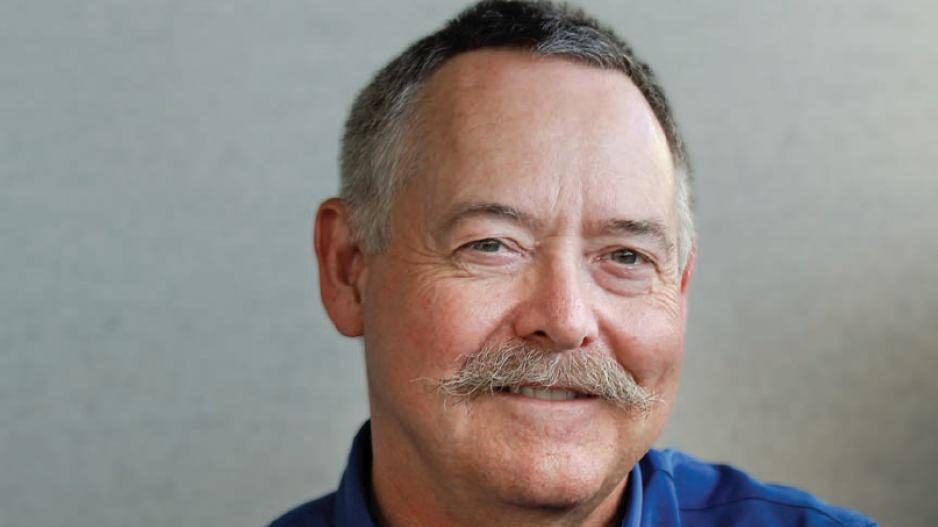The treatment of cancer can be a technically and terminologically challenging landscape for those unfamiliar with oncology to navigate.
Whether a patient has, say, had a psychosocial stress assessment or been educated about one of three different kinds of biopsies are the questions Equicare Health Inc. concerns itself with.
Making sure nothing gets lost in translation is the company’s specialty.
“What we’re probably proudest of is being able to take very complex information, summarize it and present it to a patient or a clinician that is not an oncologist,” said Len Grenier, company president and CEO.
Formed in 2006, the Vancouver-based health-care technology company develops software that co-ordinates care for oncology patients. Its signature “do-it-all” product, called Equicare CS, provides patients with support throughout their entire battle with cancer, from diagnosis through long-term cancer survivorship.
It’s a product designed to better educate patients and families about cancer treatment. It also eases the sharing of patient data across care facilities and ultimately makes the delivery of patient care as efficient as possible.
Over the last year, Grenier has noticed that the number of patients with care being managed by Equicare’s software has started to grow very quickly. This year, the company is one of Business in Vancouver’s fastest-growing companies in British Columbia.
Equicare has sold around 200 systems in the United States, Grenier said. The 120 to 130 systems already installed in U.S. hospitals and large health-care facilities collectively manage care for around 120,000 to 130,000 patients.
“We’re doing pretty well,” Grenier said. It’s a level of success he is proud of, and with the company’s recent creation of its own sales force to complement its U.S. channel partner Varian Medical Systems, it’s a level he hopes to elevate.
“In one of the more recent class reports in oncology, they said that Varian had the best oncology-specific patient portal in the industry, which we were all very happy about because, of course, that’s our product,” he said. “But we’re also very unhappy about it because our name wasn’t anywhere on that particular document.”
He added that Varian has played a key part in driving Equicare’s sales. “We want to grow to our capacity and have the largest opportunity possible.”
Increasing Equicare’s visibility is a Canadian sales goal as well – Equicare has sold just two systems in Canada, a number Grenier says is the result of a much smaller market and less appetite for adopting the technologies of smaller providers.
That aside, Grenier says Equicare is operating in a good area of health-care information technology at a good time.
“Twenty to 25 years ago, the availability of data, whether it was imaging data or clinical data about a patient, was very facility-specific or even very physician-specific. And now it’s not unheard of to be able to go into one place, have an imaging study, and then have those images available electronically to your physician before you can get them on the phone,” he said. “It’s fascinating to watch the impact.”
Grenier said Equicare has a long road ahead of it, with plans to offer its products in multiple languages and to deliver patient-reported data to physicians in a way that would allow them to adjust a patient’s treatment plan on the fly. Continuing to build “some pretty powerful compliance tools” for better patient follow-up, and exploring the application of similar health-care technologies to areas including congestive heart failure and pulmonology, are also part of Equicare’s plans to better support patients throughout their care.
“One of the realities of modern life is you might be living in and working in Vancouver; you might have parents, elderly parents, in another city,” he said. “If one of those parents is being treated for cancer, that’s a scary time. And having a tool that lets you keep up with how they’re doing, and have some understanding of all of the issues they either face or are likely to face, is, I think, a very important thing.” •




